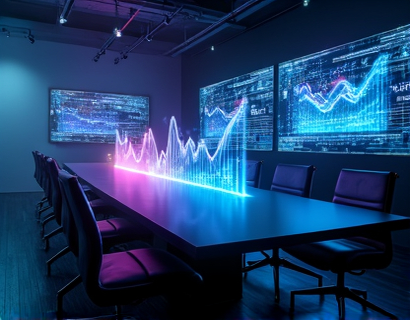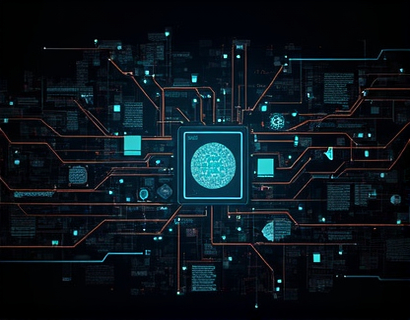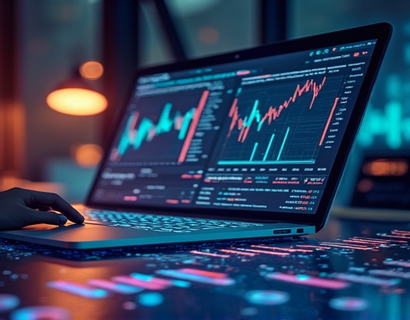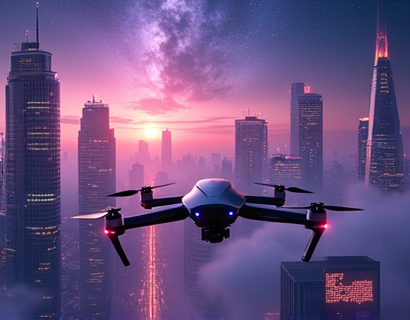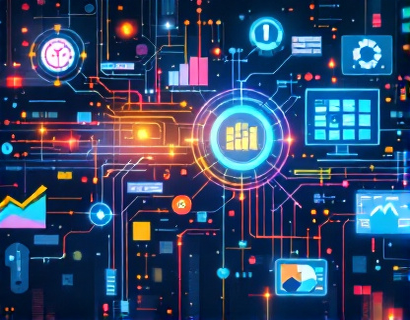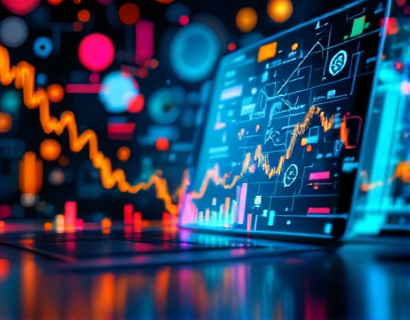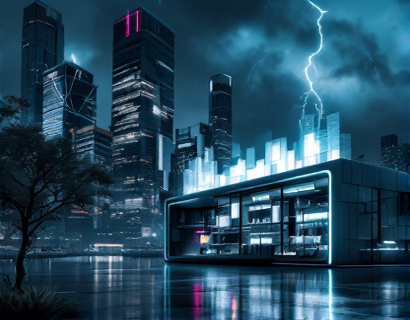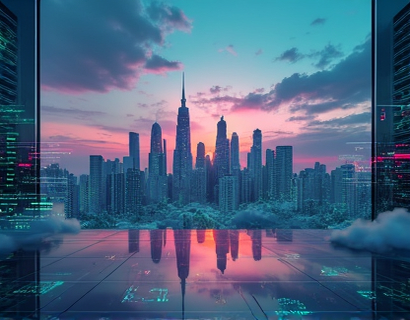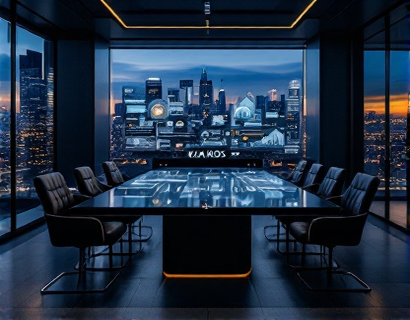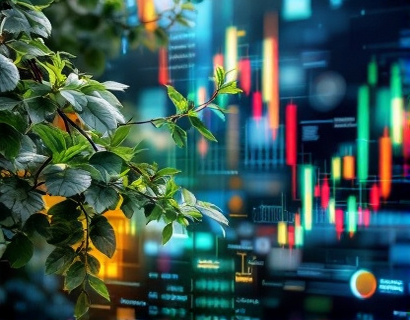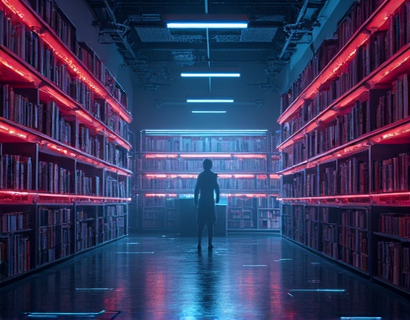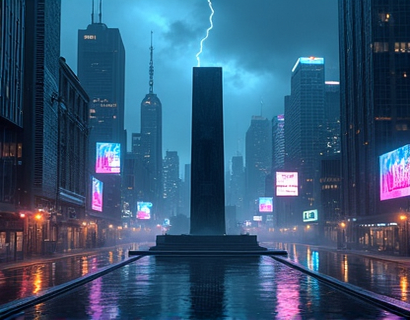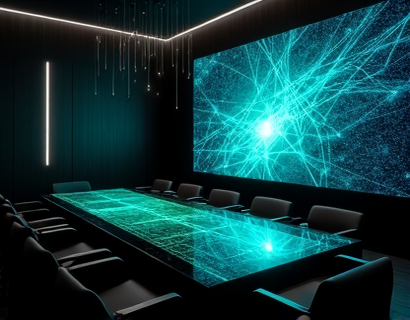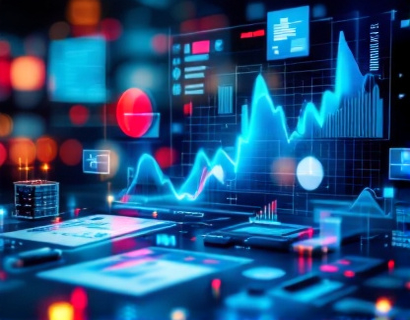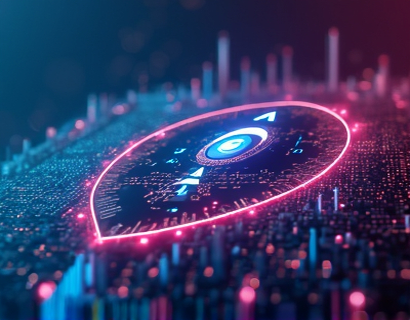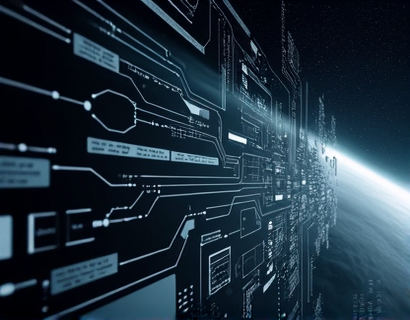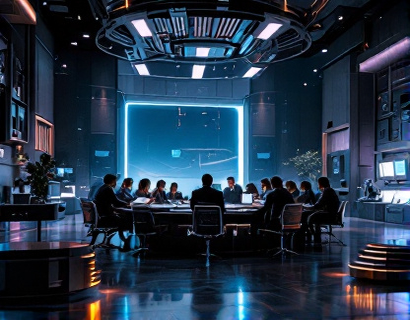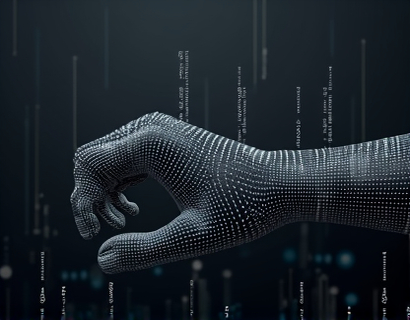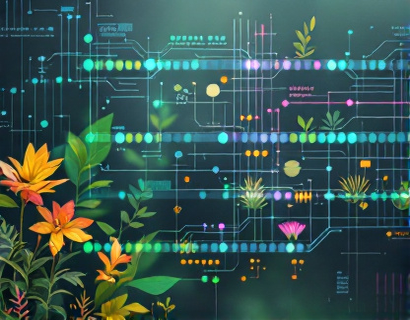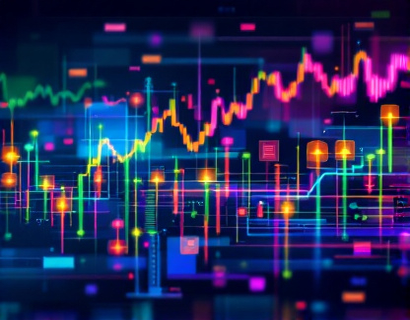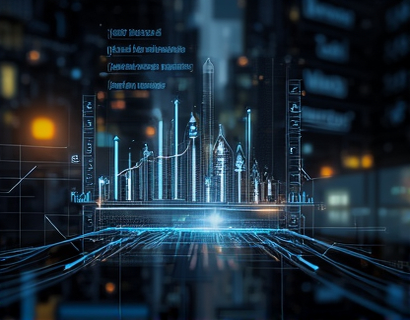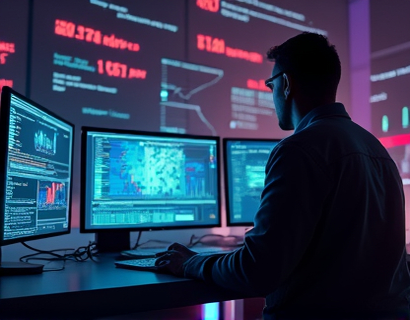Unlocking Digital Magic: Transforming Physical and Digital Treasures into Enchanted Collectibles
In an era where digital innovation intersects with creative expression, the concept of transforming physical and digital treasures into captivating digital collectibles has emerged as a fascinating frontier. This transformation is not merely about digitization but about infusing unique assets with a new layer of enchantment and value through advanced online solutions. The journey begins with understanding the essence of digital collectibles and the platforms that enable this magical metamorphosis.
The Evolution of Digital Collectibles
Digital collectibles are more than just digital files; they are unique digital assets that hold value, rarity, and often, a story. The evolution of digital collectibles can be traced back to early digital art and in-game items, but recent advancements have propelled them into a new realm of possibilities. These collectibles can range from digital art pieces and rare in-game items to virtual real estate and unique digital experiences. The key to their allure lies in their scarcity, uniqueness, and the emotional connection they foster with collectors.
Merging Innovation and Creativity
The process of transforming physical and digital treasures into enchanted collectibles involves a blend of innovation and creativity. This transformation is facilitated by advanced online platforms that leverage cutting-edge technology to bridge the gap between the tangible and the digital worlds. These platforms offer tools and services that enable users to digitize their assets, enhance their uniqueness, and create captivating digital representations that resonate with a global community of enthusiasts.
Understanding the Digital Transformation Process
The journey of transforming a physical or digital asset into a digital collectible involves several steps. First, the asset must be digitized, which can be as simple as scanning a physical item or as complex as 3D scanning and modeling. Once digitized, the asset undergoes a process of enhancement and customization. This may include adding unique attributes, creating a backstory, or integrating interactive elements. The final step involves embedding the asset with blockchain technology to ensure its authenticity, scarcity, and ownership verification.
Digitization Techniques
Digitization is the cornerstone of the transformation process. For physical items, high-resolution scanning and photography capture every detail, from textures to dimensions. For digital assets, the process is more about optimization and enhancement. 3D modeling and texturing bring static images to life, while audio and video elements add dynamic layers. Each technique is chosen based on the asset's nature and the desired outcome, ensuring that the digital version retains the essence and value of the original.
Enhancement and Customization
Once the asset is digitized, the real magic begins with enhancement and customization. This step allows creators to imbue their assets with unique characteristics that set them apart. For digital art, this might involve color grading, style transformations, or the addition of interactive elements. For physical items, customization could include virtual restoration, augmentation with digital effects, or the creation of virtual displays that showcase the item from multiple angles. These enhancements not only increase the asset's visual appeal but also its perceived value and collectibility.
Blockchain Integration for Authenticity
Blockchain technology plays a crucial role in the digital collectible ecosystem by providing a secure and transparent way to verify ownership and authenticity. Each digital collectible is represented as a unique token on the blockchain, ensuring that it cannot be replicated or tampered with. This technology also facilitates provenance tracking, allowing collectors to verify the asset's history and ownership chain. The integration of blockchain not only enhances trust but also opens up new possibilities for trading and monetizing digital collectibles.
Joining a Community of Creative Visionaries
Engaging with a community of creative visionaries is a vital part of the digital transformation journey. Online platforms that focus on digital collectibles bring together artists, collectors, and enthusiasts who share a passion for innovation and creativity. These communities offer a space for collaboration, inspiration, and learning. Members can share their projects, seek feedback, and participate in challenges that push the boundaries of what is possible in the digital realm. By joining such a community, individuals not only gain access to a wealth of resources but also become part of a movement that is redefining the concept of value and ownership.
Unlocking Endless Possibilities
The potential applications of digital collectibles are vast and varied. Beyond mere collectibles, these digital assets can serve as unique identifiers for virtual experiences, access keys for exclusive content, or even tradable items in virtual economies. The ability to create, own, and trade digital collectibles opens up new avenues for creativity and entrepreneurship. For artists, it provides a new medium to express themselves and reach a global audience. For collectors, it offers a way to own unique digital items that can appreciate in value over time.
Use Cases and Applications
One of the most exciting aspects of digital collectibles is their versatility. In the gaming industry, digital collectibles can enhance player engagement and reward systems, offering rare items that players can showcase or trade. In the art world, digital collectibles allow artists to create limited edition pieces that can be owned and appreciated in a digital format. Virtual real estate platforms use digital collectibles to represent ownership of unique digital spaces, opening up new possibilities for virtual real estate investment and development. These use cases demonstrate the broad impact and potential of digital collectibles across various industries.
Tools and Platforms for Digital Transformation
Several tools and platforms are available to facilitate the digital transformation of physical and digital treasures. These platforms provide user-friendly interfaces and advanced features to streamline the process from digitization to blockchain integration. They offer a range of services, from simple digitization tools to comprehensive solutions that include enhancement, customization, and blockchain embedding. By leveraging these tools, users can focus on the creative aspects of their projects without getting bogged down by technical complexities.
Key Features of Digital Transformation Platforms
Key features of these platforms include intuitive user interfaces, robust digitization tools, customization options, and seamless blockchain integration. Some platforms also offer community features such as galleries, forums, and marketplaces where users can showcase and trade their digital collectibles. Additionally, many platforms provide educational resources and support to help users navigate the transformation process and maximize the potential of their assets.
The Future of Digital Collectibles
As technology continues to advance, the future of digital collectibles looks promising. The integration of augmented reality (AR) and virtual reality (VR) is set to revolutionize how digital collectibles are experienced and interacted with. AR can bring digital collectibles into the physical world, allowing users to see and interact with them in real-time. VR, on the other hand, can create immersive environments where digital collectibles become central elements of interactive experiences. These advancements will not only enhance the appeal of digital collectibles but also expand their applications across various domains.
Challenges and Considerations
While the potential is vast, there are challenges and considerations to keep in mind. Ensuring the security and privacy of digital assets is paramount, especially with the use of blockchain technology. Users must be vigilant about protecting their digital collectibles from unauthorized access and theft. Additionally, the regulatory landscape for digital assets is still evolving, and users should stay informed about legal requirements and best practices. Despite these challenges, the benefits of digital transformation far outweigh the hurdles, making it a worthwhile endeavor for those willing to explore this new frontier.
Conclusion
Transforming physical and digital treasures into enchanted collectibles is more than just a technological feat; it is a creative journey that opens up new possibilities for expression and value creation. By leveraging advanced online solutions, individuals can unlock the full potential of their assets, turning them into captivating digital collectibles that resonate with a global community. As the digital collectible ecosystem continues to grow and evolve, the opportunities for innovation and creativity are boundless, inviting everyone to join in and shape the future of digital magic.



